Iraqi Central Bank policies.. To encourage Iraqi investments in Turkey?!
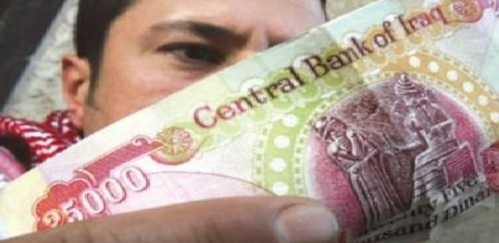 Rule and logic say:
Rule and logic say:
The state sells its property with (bidding), so that you get the highest price possible for its sales.
But the Iraqi Central Bank, sells Iraqi dollars less than then?!
The reason, of course, is the central bank’s claim that it provides cheap dollars for the poor, to buy their needs at a cheap price.. but is it really “the poor of Iraq” are the beneficiaries of the Iraqi central policy?!
New news pointed out:
According to data published by the Turkish Statistics authority……. Iraqis occupy the head of the list of the most real estate purchases in turkey with 605 properties since the beginning of the current year…. Where Iraqis bought more than eight thousand homes. ).
What tied the news to the central bank policy?!
There are price for exchange price:
– 120 thousand dinars, the low price sold by the central bank of the dollar, where the bank claims that it is a price for the country, the poor and the monetary stability.
The other price of the dollar, which is the price of the dollar, if the central bank raises its hand about the Iraqi dollar! And Let’s say the dollar is going to be 150 Dinars, and this is the real price of the dollar..
Now if an Iraqi wanted to buy a residence in turkey for $ 100, he should pay 150 million dinars according to the reasonable market price, but he actually pays 120 million dinars according to the subsidized central bank price!
Of course, this (30 million dinars = 250 paper) can be considered as the central bank gift to those who buy a property in turkey!
And wonder now:
– is the poor who rate his monthly income 500 thousand dinars, he who owns $ 100, and is he the one who buys real estate in turkey and other countries?!
With good and blessing to everyone who buys a property in turkey, but who wants to buy q has to pay from his pocket and not from the pockets of the poor..
If the central bank is honest in his desire to support the poor, he can sell the dollar for 50 thousand dinars to the pink pink, the readers need food and not for real estate in turkey!
The International Monetary Fund (IMF) is therefore demanding Iraq to free the exchange rate!
#Hayder_Murtadha

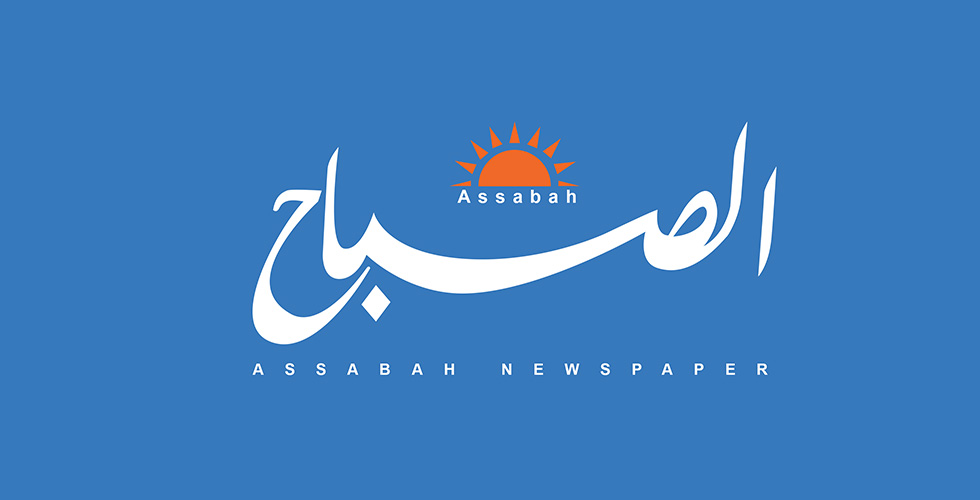
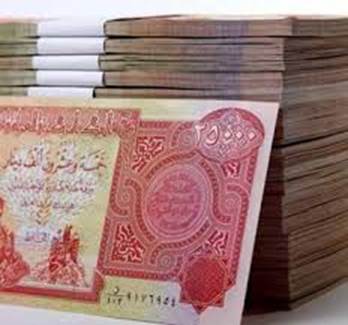
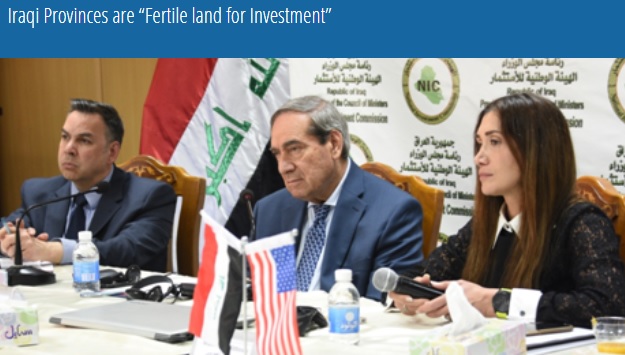
 A member of the Finance Committee parliamentary Abdul Hadi al-Saadawi, on Wednesday, the committee’s decision to develop mechanisms to change the financial assets to raise the dinar exchange rate and maintain the stability of inflation.
A member of the Finance Committee parliamentary Abdul Hadi al-Saadawi, on Wednesday, the committee’s decision to develop mechanisms to change the financial assets to raise the dinar exchange rate and maintain the stability of inflation.
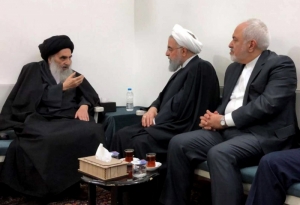 Najaf (Iraq) – A statement issued by the Supreme Shiite cleric in Iraq, Ayatollah Ali al-Sistani, on his demand to limit arms to the state, as the most important challenge facing the state, raised questions about its significance.
Najaf (Iraq) – A statement issued by the Supreme Shiite cleric in Iraq, Ayatollah Ali al-Sistani, on his demand to limit arms to the state, as the most important challenge facing the state, raised questions about its significance.
